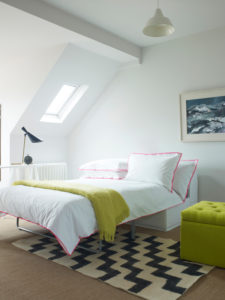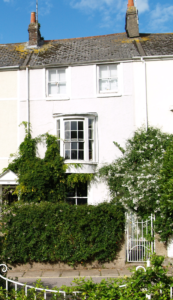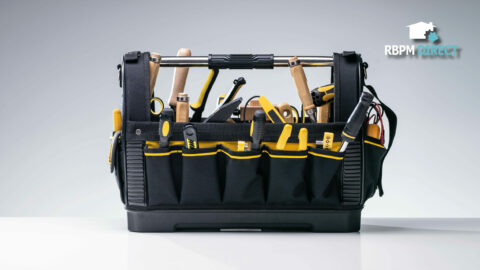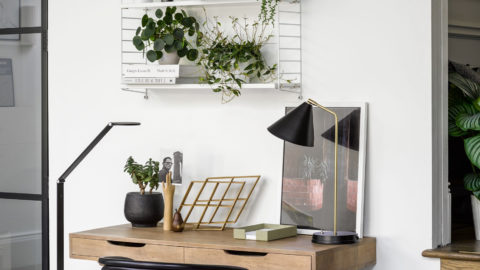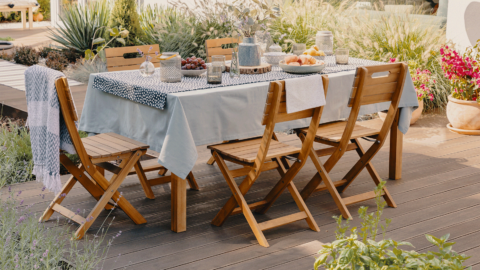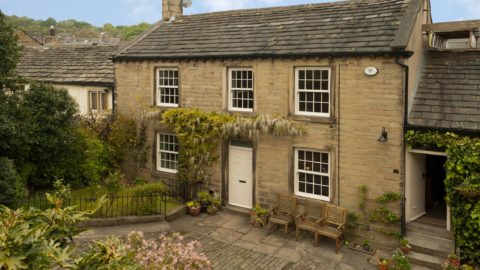Five ways to make money from your home

Forget cash in the attic – there’s money in every brick, stone or tile of your house, and even in the garden and garage. Katherine Sorrell explains how to make pounds from your property.
RENT A ROOM:
One in ten homeowners now earns extra cash by letting a spare room to a lodger, according to Santander. You can also rent to commuters, Mondays to Fridays.
How much can I make? Average weekly rent from a lodger is around £90, says spareroom.co.uk.
Pros: You can make up to £4,250 a year tax-free under the Government’s Rent a Room scheme. A good lodger can be a friend, share the housework and keep an eye on the place when you’re away.
Cons: A bad lodger can be a nightmare – in your space, may not pay the rent and hard to remove. Home insurance may go up.
Need to know: Obtain references, and have a written agreement about rent, bills and how the house is shared. www.landlordzone.co.uk is a good source of information. You may need permission from your mortgage lender and, if you have one, your leaseholder. Tenants should obtain permission to rent a spare room from the landlord.
RUN A B&B:
Worth considering if you have a spare room or two and live in a desirable area.
How much can I make? Depends on location, number of rooms, quality of accommodation and food. About £35 per room per night is a minimum.
Pros: Meet interesting people. Open when it suits you.
Cons: Early starts and lots of cooking and cleaning. Upfront costs to convert your home. Then there’s marketing, insurance and book-keeping.
Need to know: You may need planning permission, or alterations to meet building regulations. Tell your mortgage lender. Don’t be overly optimistic: start by aiming for a 35-40% occupancy rate.
BE A MOVIE LOCATION:
Your home could be a star. All sorts of properties are used, from council flats to country estates.
How much can I make? From about £500 per day for stills photography to £2,500 for a big-budget movie.
Pros: Interesting and excellent money.
Cons: Not a reliable source of income. Could be lots of disruption, and neighbours may object.
Need to know: Most demand is for large houses with good parking within the M25. Signing up with an agency is free, but you’ll pay a commission.
RENT YOUR PARKING SPACE:
Rent your drive or garage to a commuter people attending the theatre or a sports event. Advertise in the local paper or online.
How much can I make? You could earn more than £200 a month, depending on your proximity to offices, train/tube stations, stadiums and so on, and what local parking and restrictions there are.
Pros: Extra money for very little effort.
Cons: Getting rid of someone who stops paying but continues to park could be tricky.
Need to know: You can’t rent out a resident permit holder space, and tenants with a parking space can’t rent it out. Draw up a simple contract, tell your home insurer, and check that the parker has insurance in case he damages your property while behind the wheel.
RENT OUT THE WHOLE HOUSE:
You could move out of your property (live with family or friends, or rent somewhere cheap) and turn it into a holiday home in the summer. If you live near a venue for sporting events or festivals you could rent it out to visitors. Or you could even rent it to long-term tenants.
How much can I make? Depends on the size and location of your house: a two-bed Cornish cottage, for example, should make more than £500 a week in the summer.
Pros: Good money.
Cons: Cost of decorating and maintenance. Lots of organisation, from clearing out the house and marketing, to dealing with changeovers.
Need to know: Obtain public liability insurance and comply with fire regulations (Visit England’s Pink Book is helpful, at www.visitengland.org). Tell your insurer and declare your income to the taxman.

